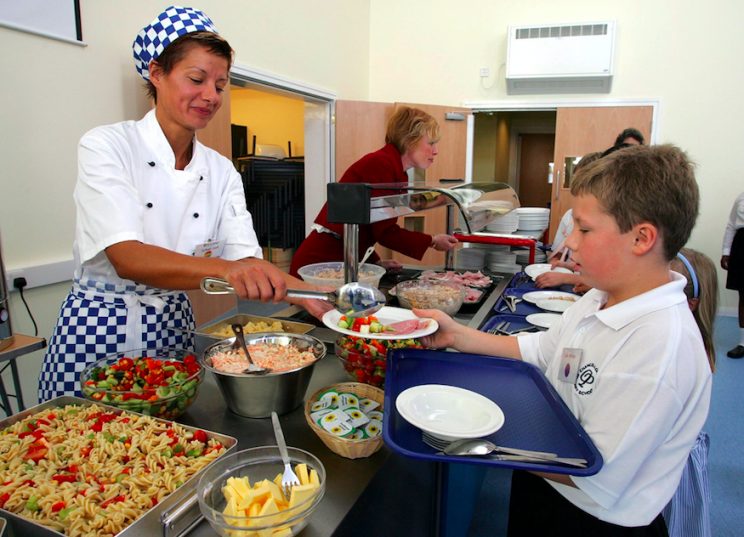Tory manifesto: Seven ways Theresa May wants to change Britain

The Tories are launching their manifesto today and wealthy pensioners are among those set to lose out if Theresa May stays on as Prime Minister.
Following on from the Labour and Lib Dem manifestos unveiled this week, the Conservatives have announced major plans to scrap various benefits, a move that could anger parents and elderly voters.
The plans are set out in a manifesto called Forward, Together, which the Prime Minister described as a “declaration of intent” to tackle the “great challenges of our time”.
Here are seven ways Mrs May plans to change Britain if the Tories win on June 8…
Winter fuel payments
Wealthy pensioners are set to lose up to £300 in winter fuel payments. Currently worth between £100 and £300, the universal benefit to all pensioners will instead be means-tested and specifically targeted at the least well-off pensioners. Those with more money will lose out on the perk – a move that will potentially cost the Tories some of the so-called ‘grey vote’.
Elderly paying for care in their own homes
The Tories plan to force more elderly people to pay to be looked after in their own homes, in an attempt to tackle the social care funding crisis. Protection will be offered for people with assets of £100,000 or less, a dramatic increase from the current £23,250 level in England. In order to make the system sustainable, the value of someone’s property will now be included in the means test for care in their own home, meaning more people will be liable to contribute to the cost of being looked after. Tories say this will allow elderly people to retain more of their wealth or pass it on to their families.
MORE: Labour manifesto leak: Seven ways Jeremy Corbyn wants to change Britain
MORE: The maps that show how the Tories are taking over Labour heartlands
Scrapping of triple lock on pensions
Mrs May will risk further angering older voters by scrapping the triple-lock on the state pension, which guarantees it rises by the highest of average earnings, inflation or 2.5%. She will also ditch the “tax lock” introduced by David Cameron which forbids the Tories from raising income tax, VAT or national insurance contributions – leaving her more wriggle room in future Budgets.
Scrapping universal free school lunches for infant pupils in England
Currently any infant pupil in England is entitled to free school lunches, a measure introduced by the Coalition government. However, that is set to come to an end if the Tories win power in June. Instead, primary school pupils – which covers a wider age range – will be offered a free breakfast. The policy will save around £650 a year per pupil, which will be used to increase schools funding by roughly £4 billion over the next five years.

Cheaper energy bills
The PM has promised a cap on rip-off energy bills. The cap, on standard variable tariffs, will save some households up to £100 a year. The rate would be set by the regulator Ofgem every six months in order to prevent it from limiting competition in the market. It would also target people who are less likely to switch, and over-priced as a result.
More charges on employing foreign workers
The Tories will double the charge levied on firms employing migrants and increase the amount paid by migrant workers and international students to fund their use of the NHS. The “immigration skills charge” – levied on some firms employing migrant workers – will double to £2,000 a year per employee by 2022.
Workers’ rights to care for a relative
Workers will be given the right to request up to a year’s unpaid leave to care for a relative. There will be a third more people aged 85-plus in 2024 than there were in 2014, and the growth of long-term conditions such as dementia has been putting increasing pressure on the social care system which can subsequently have knock-on effects on the NHS by putting strain on hospitals. The Tories want to improve co-operation between the NHS and care system, preventing unnecessary hospital stays and making better use of technology and specialist housing to help people keep their independence.
Top pic: Rex

 Yahoo News
Yahoo News 


